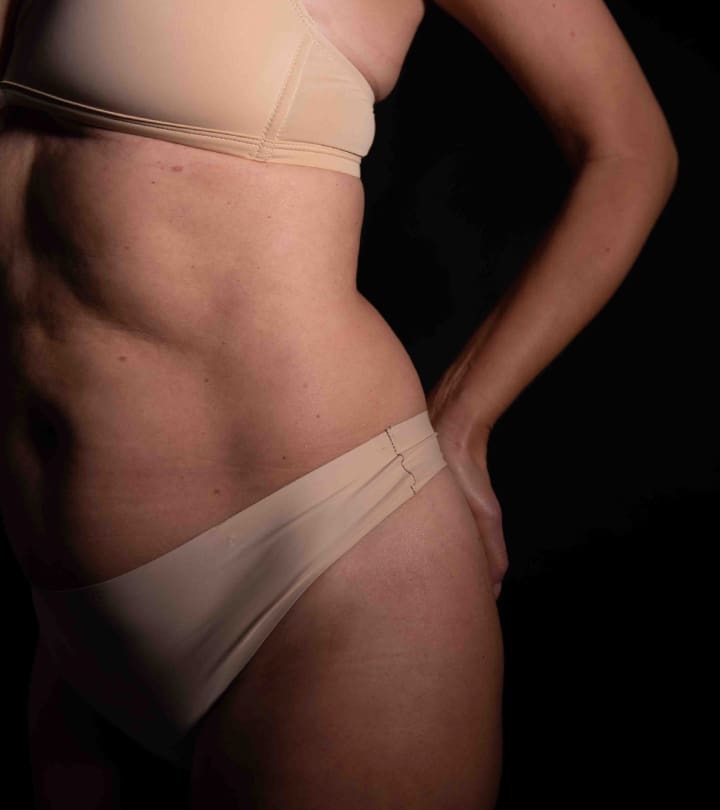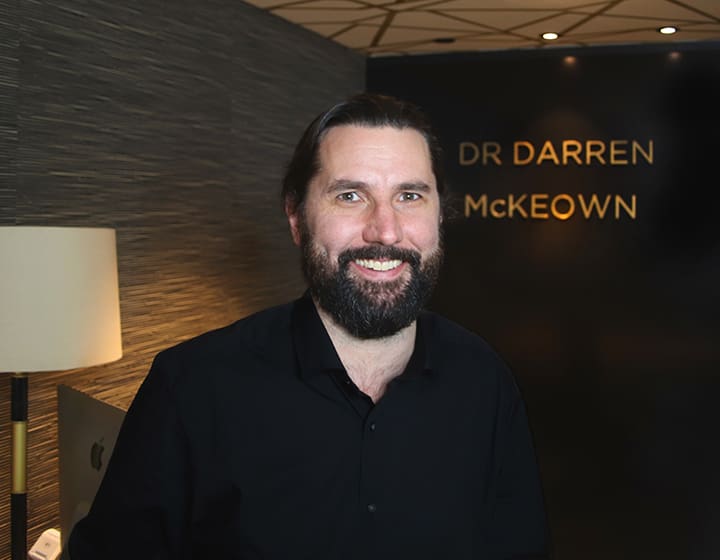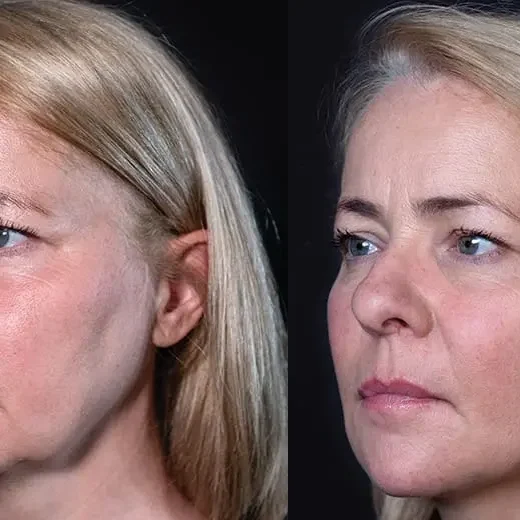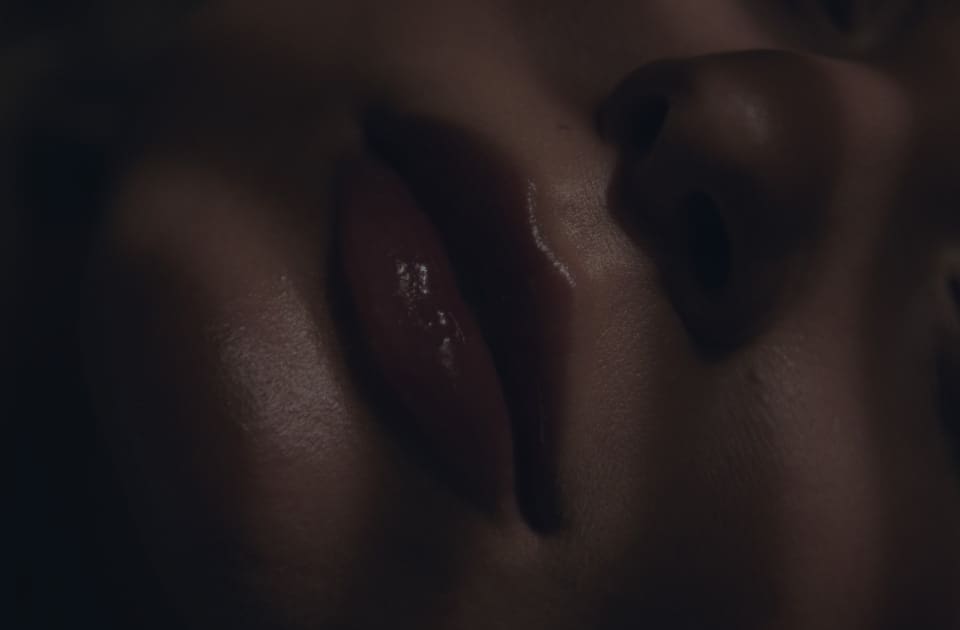McKeown Medical
167 Bath Street, Glasgow, G2 4SQ
Microphlebectomy is a minimally invasive surgical procedure used for varicose vein removal on ones that are close to the surface of the skin.
Microphlebectomy is a minimally invasive surgical procedure used for varicose vein removal on ones that are close to the surface of the skin.
Every patient is unique, and during our consultation process, we work with you to develop a bespoke treatment plan based on what you want to achieve.
1 hour
Local
Minimal
Long term
From £1,500
Microphlebectomy is a minimally invasive surgical procedure used to remove varicose veins that are close to the surface of the skin. This procedure is particularly effective for treating medium to large varicose veins that are too prominent for non-invasive treatments like sclerotherapy.
During microphlebectomy, small incisions are made along the affected vein, and the vein is carefully removed using a specialised hook-like instrument. The procedure is performed under local anaesthetic, which keeps you comfortable throughout without the need for the additional risks of general anaesthetic.
One of the main advantages of microphlebectomy is its ability to provide immediate results with minimal scarring. Since the incisions made are very small, stitches are usually not required, and recovery time is quick.
Most patients can resume their daily activities within a day or two, with only minor bruising or swelling. Microphlebectomy can significantly improve the appearance of the legs and alleviate symptoms associated with varicose veins, such as pain, swelling, and heaviness, offering both cosmetic and health benefits.
Microphlebectomy works by physically removing varicose veins through small, precise incisions in the skin. After injecting some local anaesthetic to numb the area, the surgeon makes tiny punctures along the course of the vein, which are so small that they don’t require stitches. A special tool, resembling a small hook, is then inserted through the incisions to gently extract the affected vein in segments. The procedure is performed on an outpatient basis, typically taking 30 to 60 minutes, and the removed vein is permanently eliminated, allowing blood to naturally reroute through healthier veins. Because the incisions are small, there is minimal scarring and a short recovery period, with most patients returning to their normal activities within a day or two.
Deciding if microphlebectomy is the right treatment for you depends on the size, location, and severity of your varicose veins, as well as your overall health. Microphlebectomy is ideal for patients with medium to large varicose veins that are visible just beneath the surface of the skin and cause symptoms like discomfort, swelling, or aching. Smaller, visible varicose veins or spider veins are usually better treated with foam sclerotherapy. Most visible varicose veins are also associated with abnormalities in the deeper veins of the leg which also require treatment for the best outcome.
The best treatment, or combination of treatments, will be determined at your initial consultation and ultrasound scan where our expert vascular surgeon will recommend the most appropriate course of action for you as an individual.
Dr Alex Vesey is our expert consultant vascular surgeon who heads up our varicose vein team. Listen to him explain the microphlebectomy treatment.
Hear from our patients about their experience at McKeown Medical.
Thank you to Dr Alex and all of the team! From my ultrasound scan to my treatment, I felt completely looked after and at ease all the way through. The procedure was easy and I was able to walk home! Thanks to everyone.
Gary - A McKeown Medical patient October 2024

Finding the right treatment for you is the most important factor in ensuring that you are on the correct path to achieve the results you desire. Our pre-consultation form helps us to identify your needs and, ultimately, gets you on the right path to achieving your optimal results.

Every patient is unique, and during our consultation process, we work with you to develop a bespoke treatment plan based on what you want to achieve.
One leg
£300
Two legs
£300
One leg
£1,500
Two legs
£2,500
One leg
£4,000
Two legs
£5,000
One leg
£4,750
Two legs
£6,500
One leg
Two legs
£300
£300
£1,500
£2,500
£4,000
£5,000
£4,750
£6,500
The recovery after microphlebectomy is generally quick, with most patients returning to normal activities within a day or two. Immediately following the procedure, we will apply some compression stockings to reduce swelling and support healing. It’s essential to keep the compression in place for the recommended time, usually for about 1 to 2 weeks. During this period, it’s advisable to avoid strenuous physical activities, including heavy lifting or intense exercise, but light activities like walking are encouraged to promote circulation.
In terms of aftercare, you may experience mild bruising, swelling, or tenderness around the incision sites, which typically resolves within a couple of weeks. Pain is usually minimal and can be managed with over-the-counter pain killers like paracetamol if necessary. The small incisions heal quickly, often without the need for stitches, and scarring is minimal or non-existent when the wounds have had a chance to heal fully.
Most patients will resume normal activities the day after their treatment. There will be some stiffness and soreness for a few days, but generally not enough to stop you getting back to normal activities. You should avoid strenuous exercise however for a couple of weeks until the wounds are fully healed.
Microphlebectomy is generally a safe procedure with a low risk of complications, but like any surgical treatment, some risks do exist. The most common side effects include mild bruising, swelling, and tenderness around the incision sites, which usually resolve on their own within a few weeks. In rare cases, patients may experience infection at the incision points, which can be managed with proper wound care and, if necessary, antibiotics.
Other potential, though less common, complications include bleeding, temporary numbness or tingling near the treated area due to nerve irritation, or skin discoloration. Very rarely, there is a risk of blood clots forming in deeper veins, known as deep vein thrombosis (DVT), but this is uncommon with microphlebectomy. To minimise these risks, it’s important to follow the aftercare instructions we provide, including wearing compression stockings and staying active to promote healthy blood circulation.
Since microphlebectomy physically removes the vein at the time of the procedure, and doesn’t rely on them being absorbed by the body, there is no possibility of the vein coming back. However, it is possible to develop new varicose veins – particularly if there is venus reflux affecting the deeper veins in the leg. That’s why it’s usually necessary to have microphlebectomy or foam sclerotherapy in combination with another treatment like Radiofrequency Ablation (RFA) or VenaSeal™ to treat the deeper vessels too.
During the procedure you should experience minimal or no discomfort thanks to the local anaesthetic. You may feel some tugging or pulling which can be an unusual sensation, but you should not feel any pain. When the local anaesthetic wears off you might feel a bit of soreness or bruising. We encourage you to continue moving around and walking as much as possible despite this. If required you can take some over the counter painkillers such as paracetamol, although most patients don’t feel this is required.

Our vascular surgery service is led by Dr Alex Vesey. Alex is a highly skilled vascular surgeon with extensive experience in diagnosing and treating a wide range of vascular conditions. With a focus on minimally invasive techniques, Dr. Vesey is dedicated to providing patients with the most advanced and effective treatments for venous diseases, with a particular interest in the treatment of varicose veins.

Our vascular surgery service is led by Dr Alex Vesey. Alex is a highly skilled vascular surgeon with extensive experience in diagnosing and treating a wide range of vascular conditions. With a focus on minimally invasive techniques, Dr. Vesey is dedicated to providing patients with the most advanced and effective treatments for venous diseases, with a particular interest in the treatment of varicose veins.
We offer a full range of treatments for varicose veins, each one tailored to your own unique circumstances.

Rapid weight loss with Ozempic can lead to facial volume loss and sagging skin which is known as Ozempic face....
1 / 3
2 / 3
3 / 3

Rapid weight loss with Ozempic can lead to facial volume loss and sagging skin which is known as Ozempic face....
Keep up to date with the latest news from McKeown Medical and get access to expert insights, our latest before and afters and exclusive offers.

